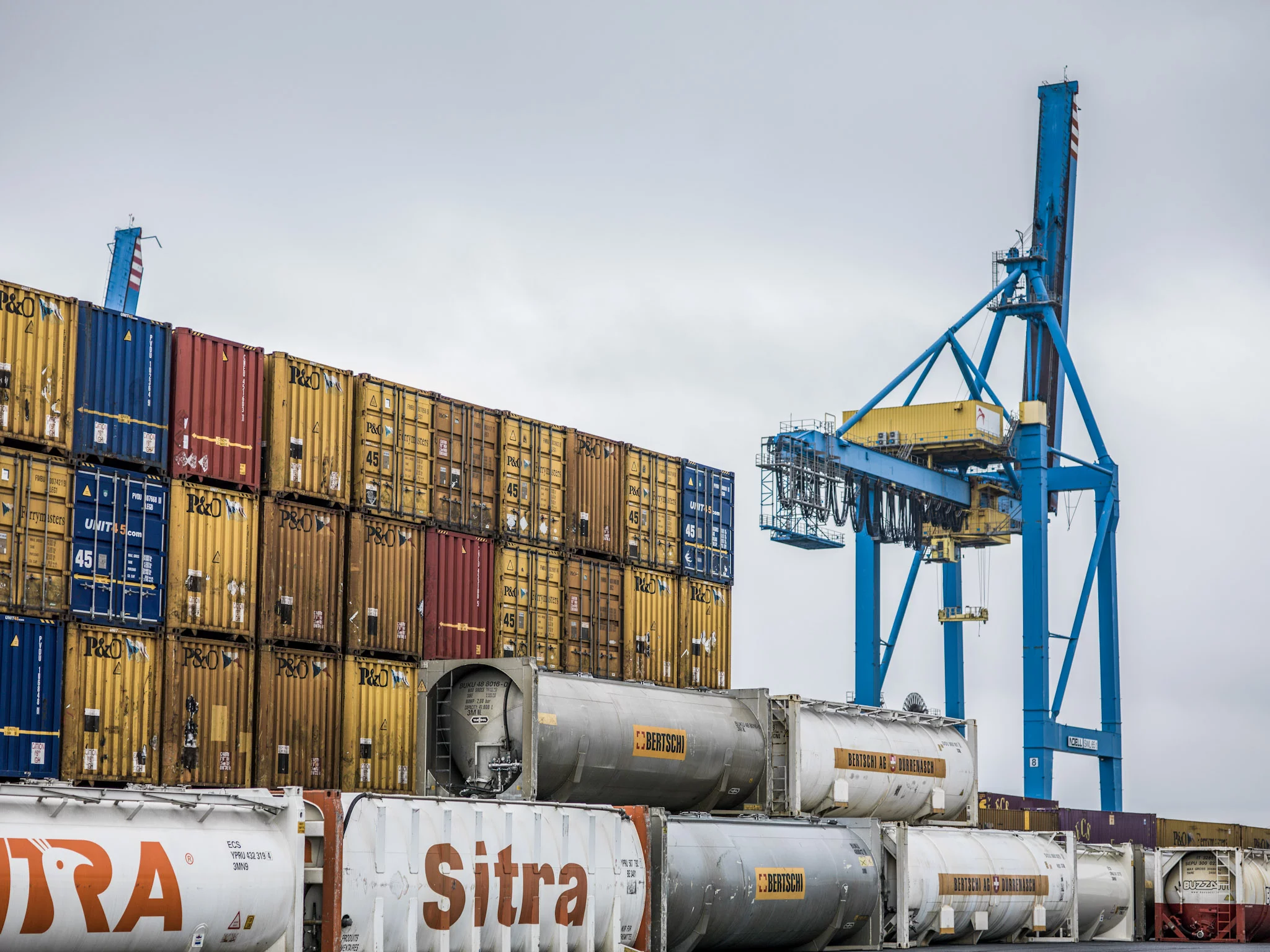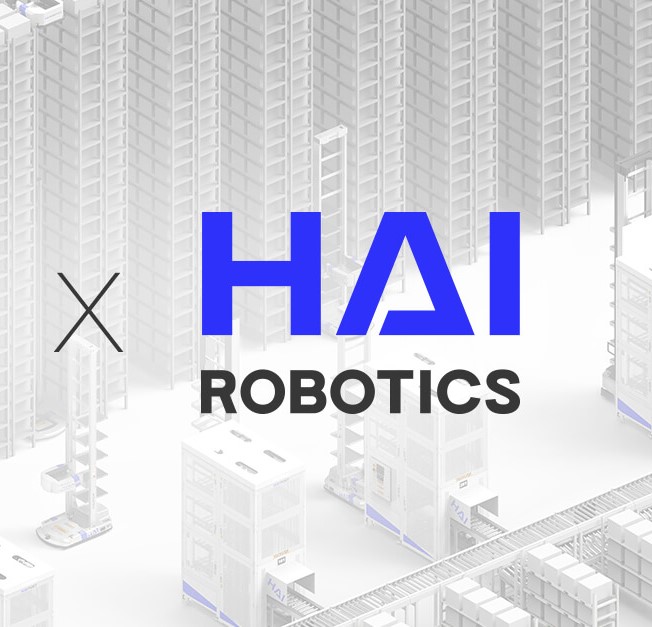After an implementation period of more than two years, SPAR Österreichische Warenhandels AG and its project partner WITRON Logistik + Informatik GmbH from Parkstein (Bavaria, Germany), successfully put the fourth expansion stage of the Wels central warehouse (ZLW) into operation. By integrating state-of-the-art logistics technology, SPAR will be able to pick an additional 140,000 cases in a two-shift-operation in the future. The installation was carried out as a greenfield / brownfield combination in a 20,000 square meter new building, which was connected to the existing logistics areas during ongoing operations. SPAR and WITRON have enjoyed more than 25 years of successful cooperation, during which the ZLW project phases 1, 2, and 3 were put into operation in 1998, 2002, and 2015. In all extension and modernization phases, WITRON was responsible for the design, implementation, service, and system operation as a lifetime partner. The ZLW has a total footprint of 50,000 square meters and supplies 1,500 stores throughout Austria as well as the SPAR foreign subsidiaries with more than 18,000 different dry goods. The distribution centre is designed for a daily picking capacity of 340,000 pick units in two-shift operation and for picking up to 500,000 pick units on peak days in three-shift operation.
“For SPAR it is important to focus on service level, cost-efficiency, people, sustainability, and flexibility when using innovative logistics technology”, explains WITRON Project Manager Ulrich Schlosser. “When it comes to the service level, SPAR stores benefit from premium customer service enabled by holistic, cost-efficient processes within the internal and external supply chain. SPAR employees in the stores benefit from efficient product handling due to store-friendly picked roll containers and the staff in the distribution centre benefits from ergonomic workstations. Sustainability is reflected by significant CO2 savings due to densely packed load carriers, optimal truck utilization, and fewer truck tours. Furthermore, through space savings in construction and the use of state-of-the-art warehouse technology. In addition, flexibility and expandability also ensure future viability so that changing market requirements can be met quickly and flexibly”.
OPM as a central element
Central element of the “construction stage 4” expansion – just like in construction stage 3 – is the fully automated storage and picking system OPM (Order Picking Machinery). With the implementation of 16 additional COM machines (in total 24 COMs), it is now possible to pick up to 140,000 additional cases (in total 340,000 cases in two shifts) daily store-friendly onto roll containers in two shifts.
New additions also included an automated tray warehouse with 32 stacker cranes (in total 48) and 293,000 tray storage locations (in total 450,000) as well as a pallet high bay warehouse with 8 stacker cranes (in total 24) and 31,200 pallet storage locations (in total 73,000), 7 de-palletizers (in total 10), and 3 stretch-wrappers (in total 5). An automatic empties buffer with 4 stacker cranes for up to 8,600 roll containers has also been added. This ensures that the logistics loop of the ZLW is always provided with the optimal number of roll containers.
Holistic modification concept is a decisive factor
“However, not only the technical concept was important for the project success”, according to WITRON Project Manager Ulrich Schlosser. “Equally important for a combined greenfield / brownfield project is also a holistic change concept – meaning how the integration takes place in terms of timing and organization. In the process, the most important question has to be clearly addressed: How will the project be implemented throughout the entire project phase – and how will the ongoing operation or delivery to stores and consumers take place at the same time, without any interruptions”, explains Ulrich Schlosser. “Due to the modular design of our end-to-end solutions and their physical compactness, we can develop highly flexible implementation and future concepts for our customers already in the design phase. These can be integrated both directly into an already existing system considering increasing volumes, growing product ranges, additional pick stations, or changing business and material flow processes, or, as in the case of SPAR, they can be integrated into the material flow of an existing system via a new building.”
500,000 pick units for 1,500 stores
The ZLW has a total footprint of 50,000 square meters and supplies 1,500 stores throughout Austria as well as the SPAR foreign subsidiaries with more than 18,000 different dry goods. The distribution centre is designed for a daily picking capacity of 500,000 pick units. The WITRON solutions OPM and DPS are used for storage and picking. A WITRON OnSite team is responsible for service, maintenance, and system operation in shift operation and thus enables a permanently high availability of all logistics areas, material flows, mechanical, control, and IT components.
“Mutual trust is the foundation of more than 25 years of partnership between SPAR and WITRON. SPAR has often been a pilot customer and has repeatedly supported us with the integration of new technologies and services in a sustainable way. SPAR and WITRON – that fits: the corporate culture, the technology, and particularly the people”, says WITRON Project Manager Ulrich Schlosser.







